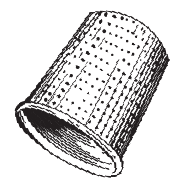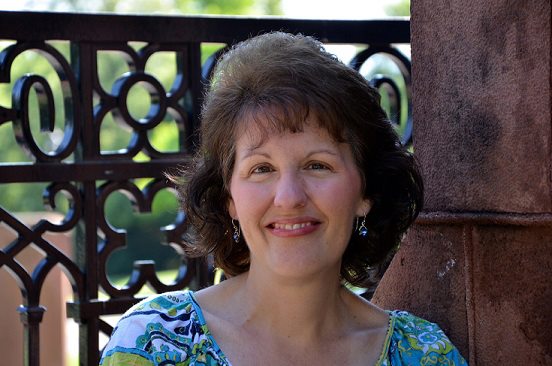Perhaps she arrived as the water rose
to the lamp posts on Main,
flooding the first floors of stores
like Western Union and Treadeasy Shoes,
sending a canoe with four souls downtown
past the clock stopped at 11:49 the morning
after St. Patrick’s Day in 1936, when someone
from behind, someone from on high,
took the photo I now see online.
My grandmother left home at sixteen,
sick and tired of being the eldest
of a dozen, diapering babies, wiping
faces, scrubbing clothes and dishes and floors,
living poor on a farm where her father—
he was mean, she’d told me once—
blamed Jews for their bad lot.
She got out. Lived with an aunt
and went to nursing school.
When the call for help came, she trekked
with the doctors and other nurses
to Lock Haven, town between the Poconos
and Appalachians, where two feet of snow
had fallen in the coldest February ever,
then thawed—so fast!—in a 50-degree,
Leap-Day melt. The unlucky flow of liquefied snow
slid down the mountains, rushing
into the Susquehanna that long ago
carved out the Anthracite Valley, a ship suddenly sunk.
And there she was at eighteen (I was capable
of nothing heroic at that age!),
no stranger to suffering but still, so young,
donning her newly sewn uniform
from McCall’s, crisp and white, buttoned
to the V in its neck, collar set, cap pinned,
not sure at first what to do with her hands,
slipping her right one into her hip pocket
as she awaited instructions. Soon enough they came.
And she metamorphosed into nurse in need,
resuscitating a coal miner who’d nearly drowned,
bandaging a teacher who’d cracked her head open
on brick, or pulling mud from a boy’s mouth,
then hearing him cry for his mother
who’d let him go as she was washed away.
Maybe. I don’t know, really.
I never asked till now, as I hold her gold pin,
inscribed, “Service of Honor,
St. Luke’s and Children’s Hospital,”
nearly a century later, decades after her death.
I want to think it was great,
this thing she did that she never talked about
in the countless games of Pinochle we played
as she smoked Marlboros in her dusters,
laughing at our penny-ante antics,
a widow by then, steeped in grief and alcohol.
My father, even now, doesn’t know the details
as I raise the memento in conversation
and the thank-you note by Dr. C. Dudley Saul,
founder of the first-ever A.A. treatment center.
I read aloud his words,
which reveal all we’ll ever know:
“You were everything a nurse should be.”


